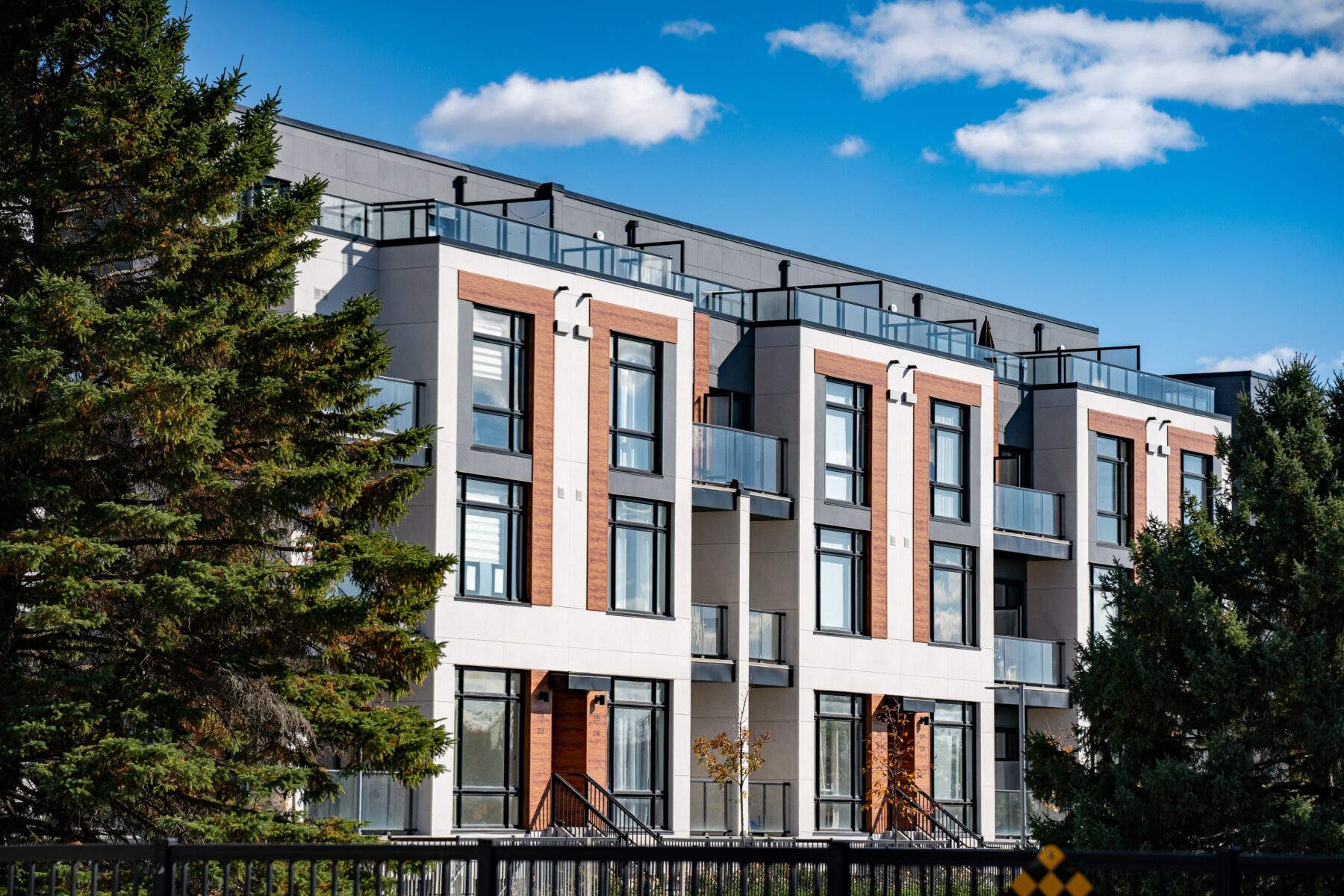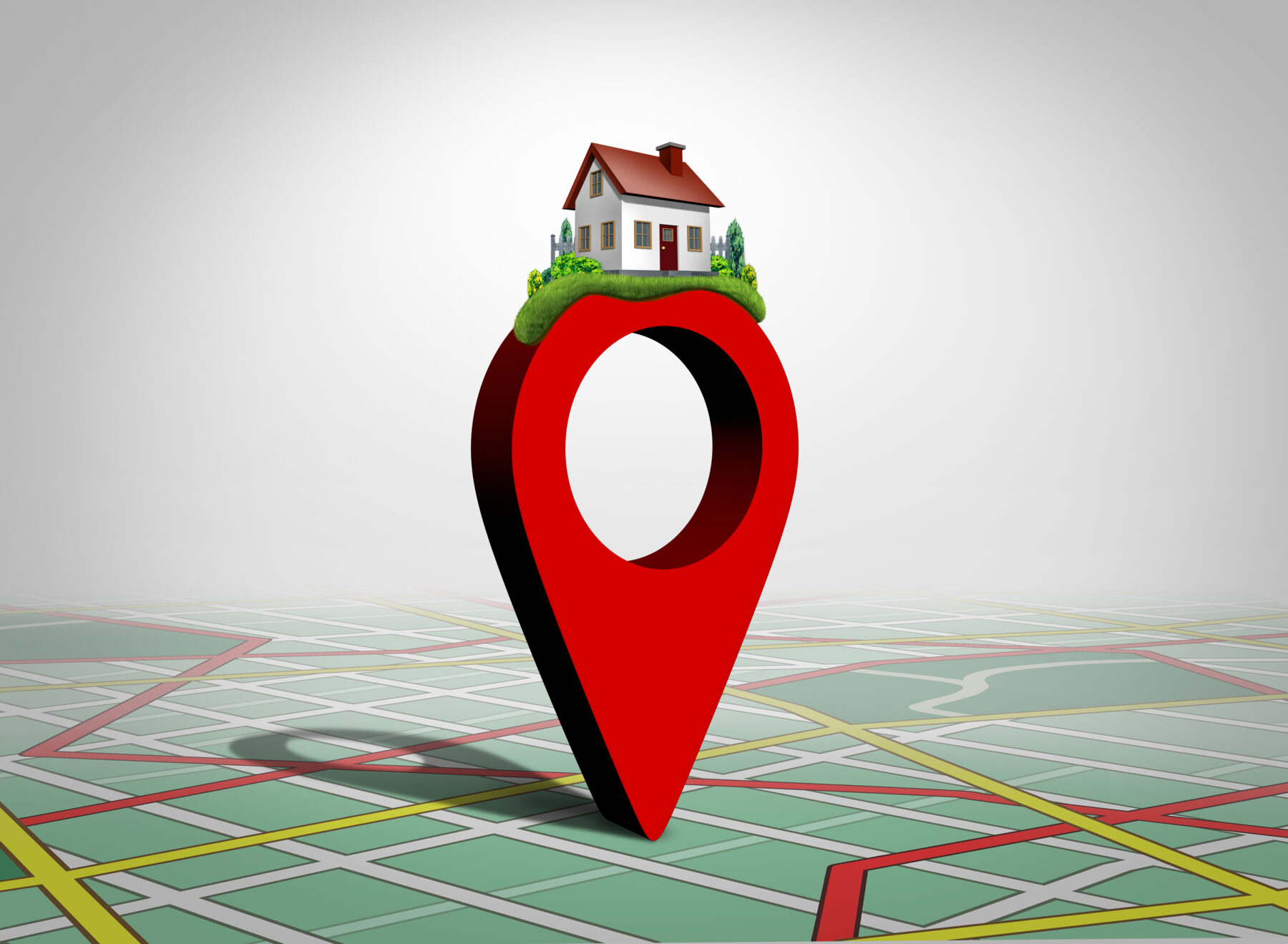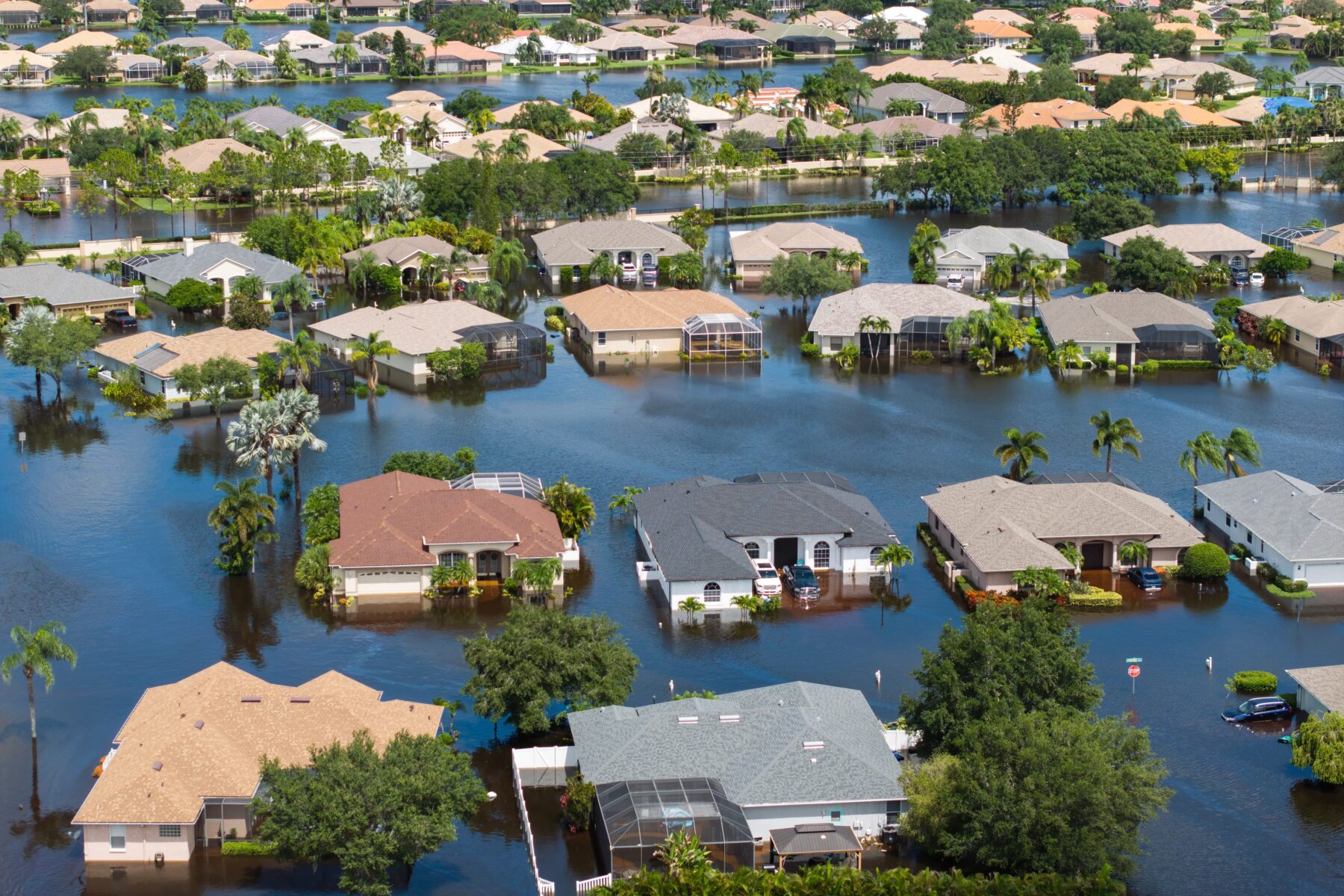Issued: 10-7-24
We hope this message finds you safe during these challenging times as a result of Hurricane Helene. As you know, this historic storm has caused extensive damage and disruption across six states—Florida, Georgia, North Carolina, South Carolina, Tennessee, Virginia—portions of which have been declared Major Disaster Declarations by FEMA.
Impact on Property Taxes
At this point, taxing agencies continue to assess the impact of the hurricane to determine any needed adjustments to due dates or bill-issue dates. LERETA is closely monitoring each affected county and every agency for any updates which we will publish via LERETAnet.
Impact on Flood Damage
As a provider of flood tracking and certification services, we know that many of the homeowners affected by Helene are not covered by flood insurance, which is provided by FEMA through National Flood Insurance Program (NFIP). Servicers should consult the FEMA website, and encourage their borrowers to do so as well, for information on how to apply for assistance.
Resources
- Main FEMA website: fema.gov
- For information on FEMA Disaster Recovery Centers, including locations and hours: visit gov/drc
- For information on how consumers can determine whether their area/zip code is included: tool on DisasterAssistance.gov
- For information on how consumers can apply for FEMA Disaster Assistance: gov
If you have any questions about this communication or tax and flood impacts as a result of Helene, please contact your Client Success Manager or LERETA Client Care.
Consumer Resource Communications
If you haven’t already, please consider providing your customers with the consumer information on the following pages which will help them understand what FEMA Disaster Assistance covers and how to apply for relief.
FEMA Disaster Assistance for Consumers
What is disaster assistance?
When the President approves a Major Disaster Declaration, FEMA is able to provide financial assistance directly to people in order to jumpstart their recovery. As FEMA works with state, local, Tribal Nation and territorial government partners to assess needs, assistance becomes available in additional impacted areas.
For information on how you can determine whether your area/zip code is included, please visit the tool on DisasterAssistance.gov.
How to apply for disaster assistance:
If you qualify, you can apply by visiting DisasterAssistance.gov. This is the fastest and easiest way to get you the financial assistance you need. If you’re unable to apply online, you can also apply by calling the FEMA Helpline at 800-621-3362. Calls are accepted between 6 a.m. to 10 p.m. CT. Help is available in most languages. If you use a relay service such as video relay service (VRS) or captioned telephone service, give FEMA your number for that service.
Help is also available by visiting a FEMA Disaster Recovery Center. You can find centers, including locations and hours at fema.gov/drc.
What you’ll need to apply:
When you apply, you will be asked to provide the following:
- A description of the damage.
- Your address at the time of the disaster.
- Your Social Security number.
- Contact information where you can be reached.
- If you have insurance, your policy number, agent or company.
- Annual household income.
- Your bank account information for direct deposit.
You’ll want to document your damage with photos and/or video. It’s important to be as detailed as you can.
Insurance claims:
If you have insurance, you’ll want to file a claim as soon as possible. FEMA will not pay for losses your insurance coverage pays for so it’s important to understand your insurance coverage quickly.
What does FEMA assistance help with:
Disaster assistance can help with a range of needs including:
- Serious Needs Assistance which provides money to pay for emergency supplies like water, food, first aid, breast-feeding supplies, infant formula, diapers, personal hygiene items, or fuel for transportation.
- Displacement Assistance which provides money to help with housing needs. If you cannot return to your home because of the disaster, this money can be used to stay in a hotel, with family and friends, or other options while you look for a rental unit.
- Other eligible expenses. This includes expenses for things like rental assistance, basic home repairs and property losses.
What happens after you apply for assistance:
- Home inspection. If you have damage to your home and personal property, FEMA may verify the damage through an on-site or remote inspection.
- Application decision. You’ll receive a letter with FEMA’s decision on your application. You may be approved for FEMA disaster assistance based on the information you provided in your application or additional information may be required.
- Appeal. If you disagree with FEMA’s decision, you can appeal by following the instructions in your decision letter.
- Delivery of funds. If you are approved for disaster assistance, you may receive a check from the U.S. Department of the Treasury or a direct deposit, based on your chosen method.


